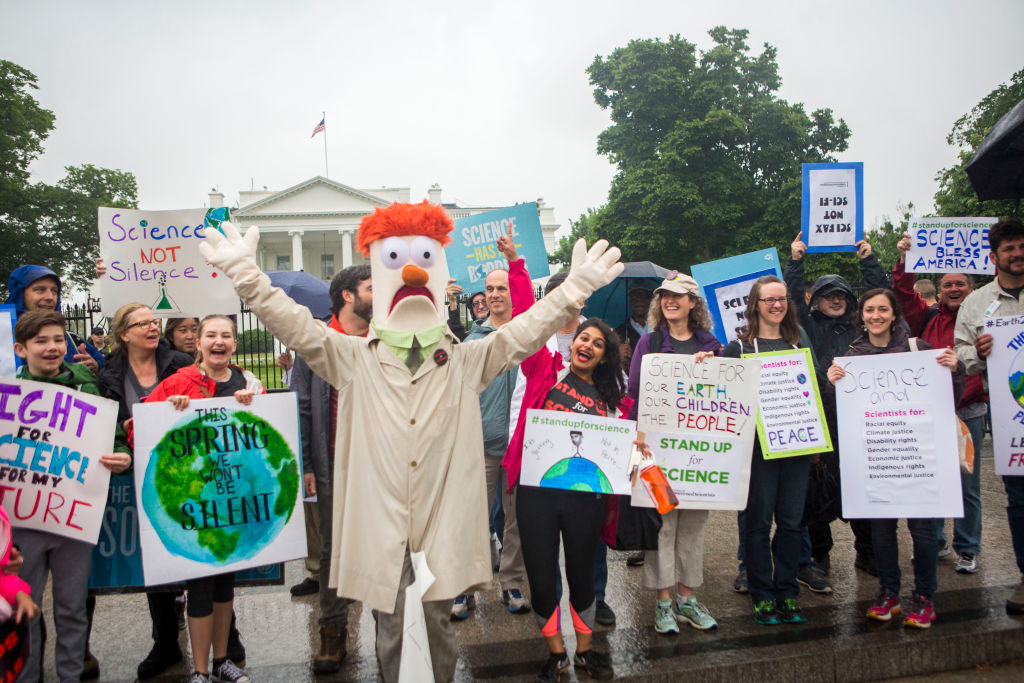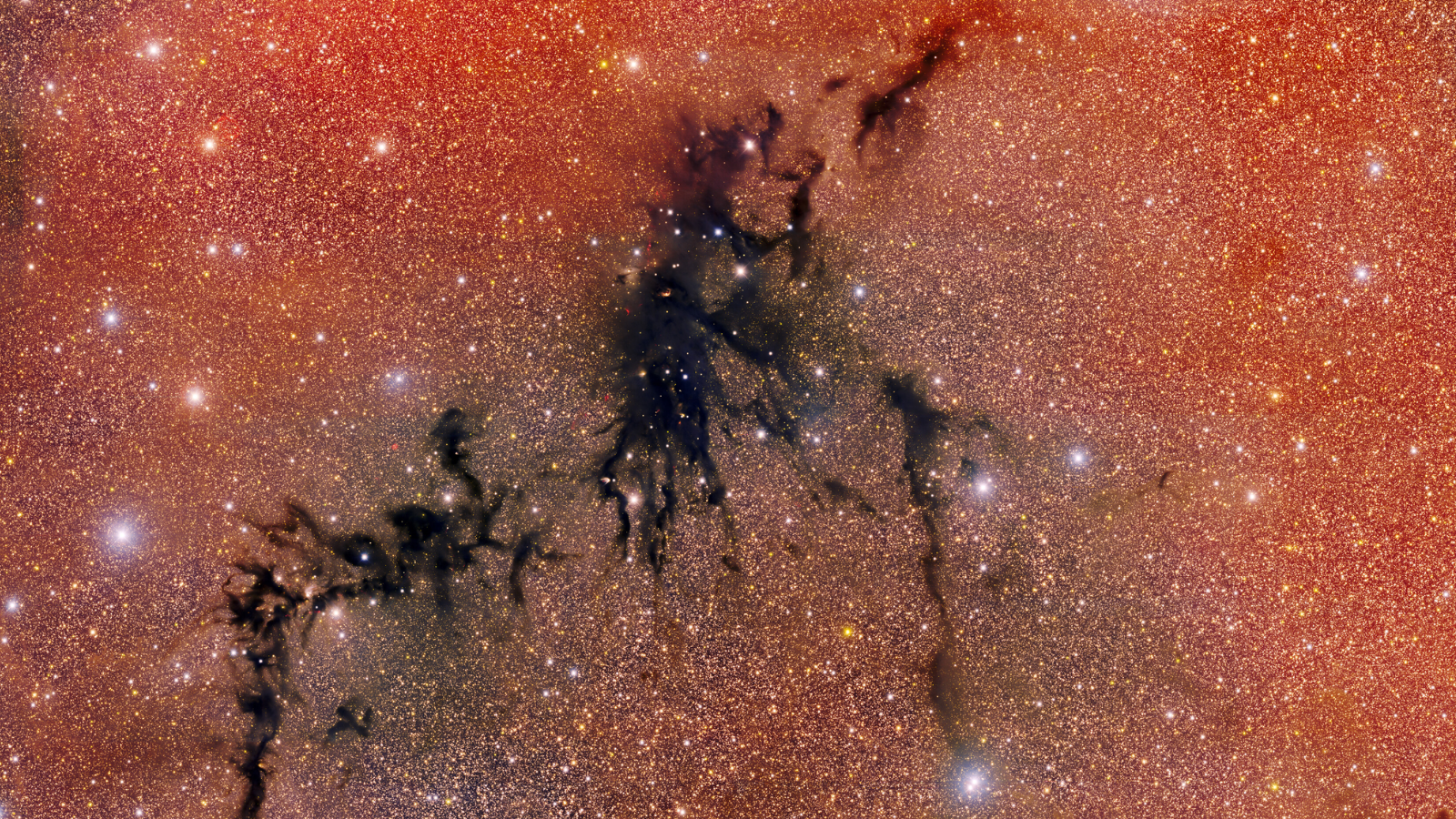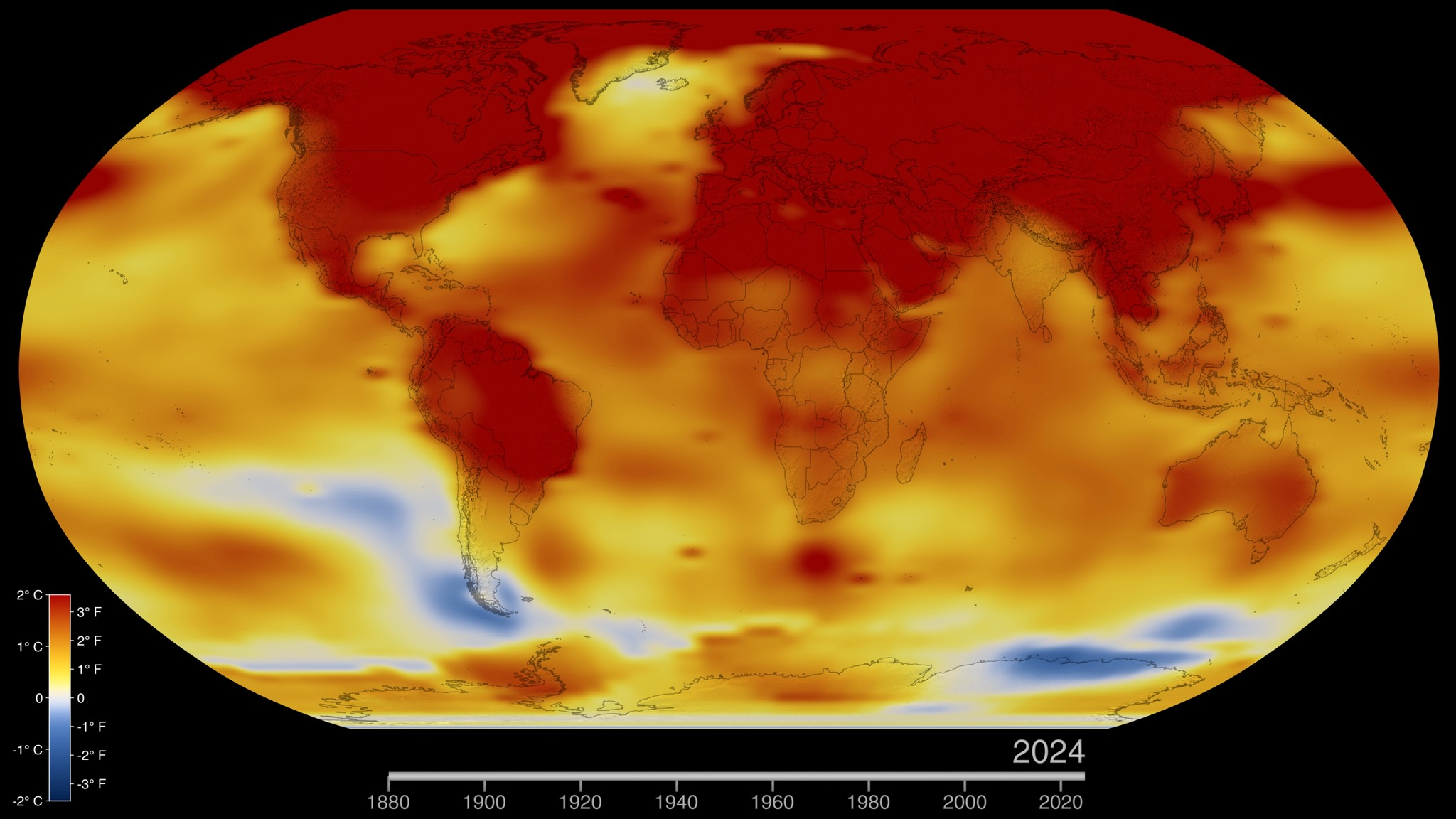Trump's Proposed Science Cuts Go Far Beyond Climate Programs

The Trump administration is proposing sweeping cuts to US science agencies in its $4.1 trillion budget for 2018, asking Congress to kill a variety of medical, energy, and basic research programs, while boosting funding for defense and homeland security.
With a president who came into office calling climate change a Chinese-engineered hoax and vowing to bring back jobs in the declining coal-mining industry, steep cuts to environmental programs and renewable energy were expected. But the fiscal blueprint released Tuesday add some items that weren't included in the bare-bones outline the administration released in March and fleshes out others, leaving some observers sounding stunned.
"I hardly know where to begin to say what would do the most harm to the future of our country and the future of our researchers," Rush Holt, president of the American Association for the Advancement of Science, told reporters.
AAAS estimates the proposed cuts to all federal science agencies amount to nearly 17 percent of current appropriations. But the physicist and former Democratic congressman said his old colleagues on Capitol Hill "have made it clear already this year, in numerous ways, that they do not buy into this really harsh and abrupt approach."
RELATED: Educators Fear DeVos Appointment Will Encourage State Anti-Science Laws
The National Science Foundation — the leading US funder of non-medical basic research, and which wasn't included in the March document — would see its $7.5 billion budget cut by 11 percent if the administration gets its way. The Department of Energy's science office would be slashed by $900 million, and its advanced research arm would be zero-funded. Energy efficiency and heating assistance programs for low-income Americans would be eliminated.
NASA would see a cut of less than 1 percent. But its Earth science budget would be cut by nearly 9 percent, and its education office and five Earth science missions would be zeroed out.
Get the Space.com Newsletter
Breaking space news, the latest updates on rocket launches, skywatching events and more!
And though President Trump pledged in his inaugural address "to free the Earth from the miseries of disease," his administration is poised to cut the country's leading biomedical research agency by 22 percent. The National Institutes of Health would lose nearly $6 billion of its current $31 billion under the plan.
Mary Woolley, president of the medical science advocacy group ResearchAmerica, said the cuts to NIH were "not just a nick but an almost-mortal blow." She said they could result in 2,000 fewer research grants and have a swift effect on public health.
But as in the March proposal, the Environmental Protection Agency would see the steepest cuts. The administration is proposing a 31 percent cut for the EPA, including steep cuts to for enforcement and state grants and a nearly 50 percent cut to its research budget. White House Budget Director Mick Mulvaney told reporters the administration isn't "anti-science," not even climate science, even as it targets that research for cuts.
"We're trying to get things back in order to where we can look at the folks who pay the taxes and say, 'Look, we want to do some climate science, but we're not going to do some of the crazy stuff the previous administration did,'" Mulvaney said Tuesday. He said the NSF recently funded a climate-change musical, asking reporters, "Do you think that's a waste of your money?"
Holt said the production was part of a program to find new ways to educate the public about climate change. But he said attitudes like Mulvaney's show that scientists have some work to do.
"I don't know how we got into a stage where anyone would consider something like this," Holt said.
RELATED: Australian Scientists Who Faced Censorship Have Advice for Dealing With Trump
Energy Secretary Rick Perry defended the cuts to his agency, which had been at the leading edge of work on low-carbon sources of power. In a statement issued Tuesday afternoon, Perry said the department will now focus on "early-state energy technology" and leave other work to the private sector.
"As we refocus resources, we will continue to utilize our national laboratories for cutting edge science in order to improve both our energy and national security," he said.
But in an appearance with Holt and Woolley, Norm Augustine — the former CEO of aerospace giant Lockheed Martin — said the private sector has little appetite for the kind of studies the Trump administration would cut off.
"Shareholders are not interested in funding basic research, which tends to be costly, very long term and very risky," he said. But that research has spurred better than half of US economic growth in recent years.
"We're not talking about jobs for scientists, we're talking about jobs for everyone," Augustine said.
Originally published on Seeker.
Join our Space Forums to keep talking space on the latest missions, night sky and more! And if you have a news tip, correction or comment, let us know at: community@space.com.









